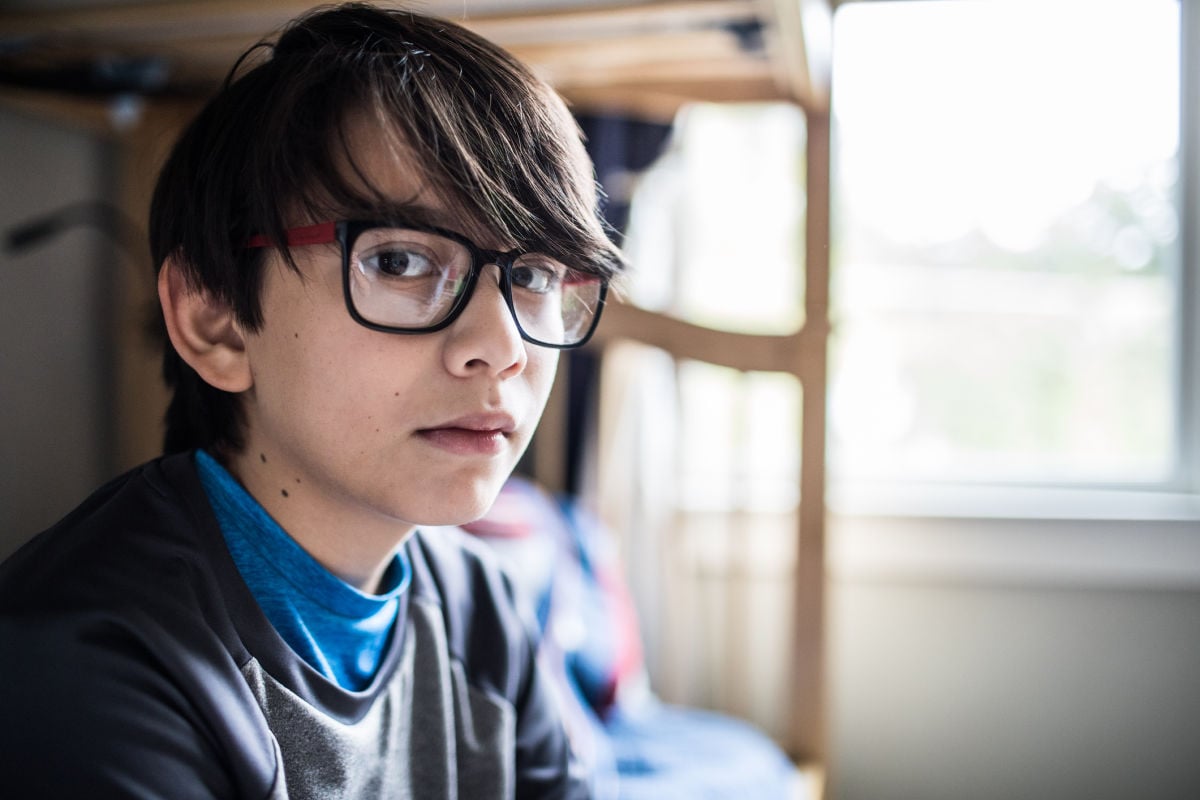
On the second-to-last day of fourth grade, my son came home from school, chewing on the collar of his blue T-shirt and scratching an irritated red spot on his leg.
“What’s wrong?” I asked. “Are you worried about the summer?”
“No,” he said, with another vigorous scratch. “I’m worried about next year. My teacher told me I might not be in Mrs. Troutman’s class. I have to be in her class. It’s not an option. Only she gets me.”
The boy was fixated on having Mrs. Troutman for fifth grade. If he wasn’t in her class, next year would be a disaster.
Mamamia staff members say “thank you” to their favourite school teachers. Post continues below.
Fourth grade had been rough for him. His anxiety, hyperactivity, and impulsivity made school challenging but he’d squeaked by in the early years. By fourth grade, however, his ADHD and lag in emotional maturity left him socially isolated. His fourth-grade teacher, as well meaning as she had been, didn’t know how to deal with him. She often sent him across the hall to Mrs. Troutman’s fifth-grade class to “settle down.”

Top Comments
My experience has been the opposite. My ASD, ADHD, OCD daughter met her year 1 teacher several times before the end of her first year of school. She was also told all of the children that would be in her class before the end of the school year. Even when her teacher has been away this year they have tried to get the same relief teacher in each time for her class, if that wasn't possible the executive staff took the class or they have been split between a very small number of other teachers to minimise her distress.
Pretty sure kids find out their classes in Australia before the end of the year. This is the US
We don’t? Our class lists aren’t up until the day before school starts.
That doesn't happen at all schools and I'm not sure if it even happens in most. I've personally never taught at or attended a school where you found out whose classes you'd be in before the first day of the new school year. At one of the schools, the students actually start the year in last year's classroom, because class lists are often still being finalised in the first couple of days.